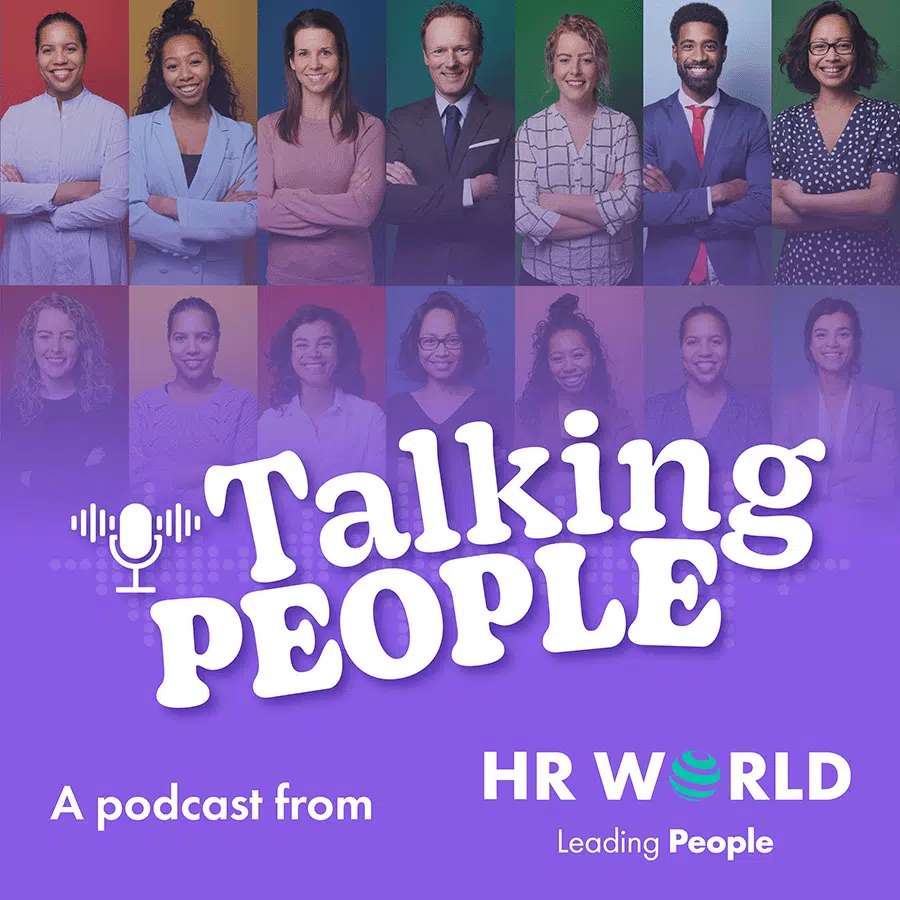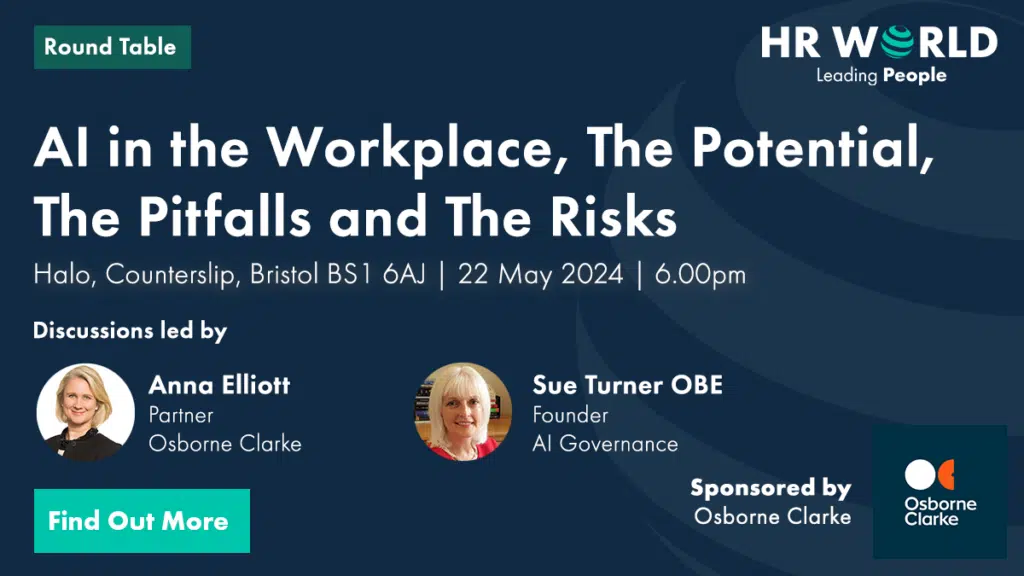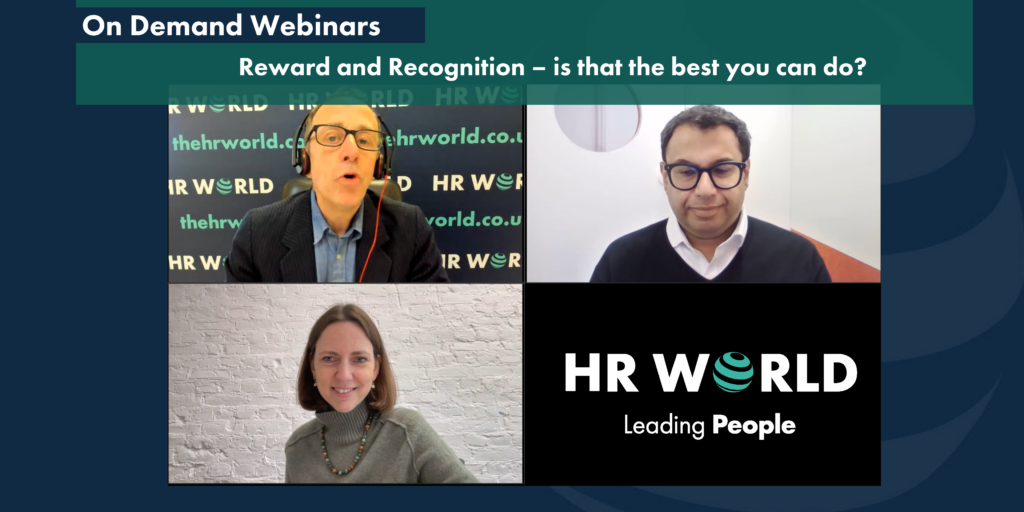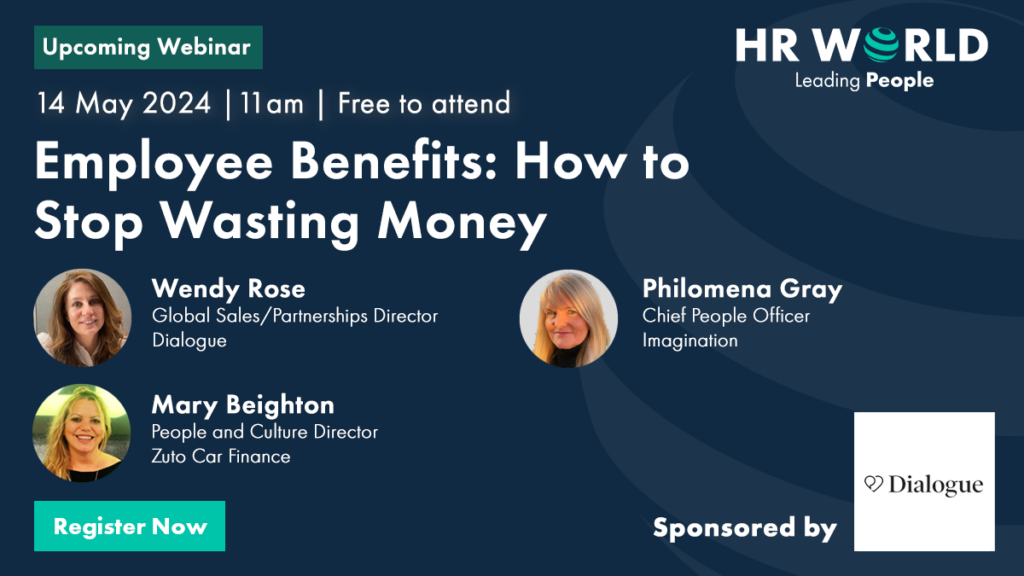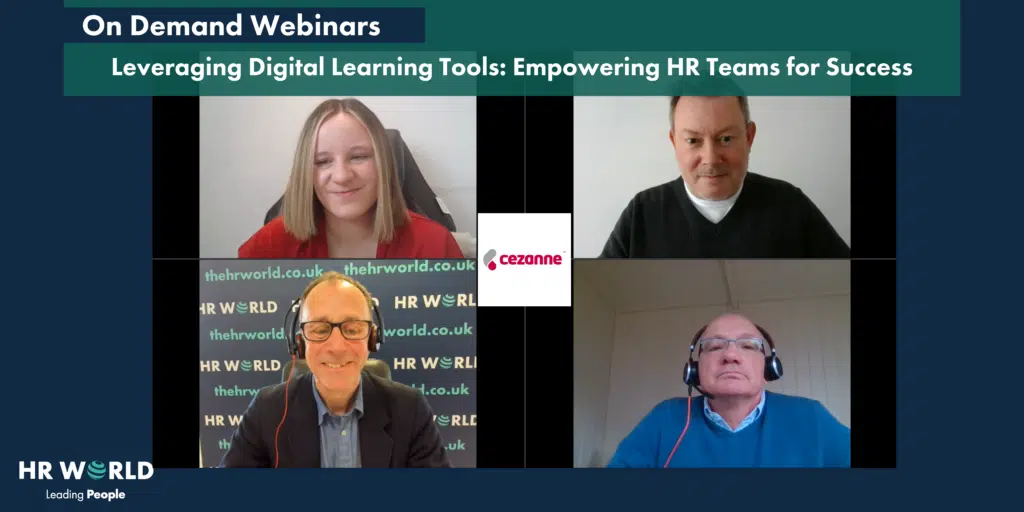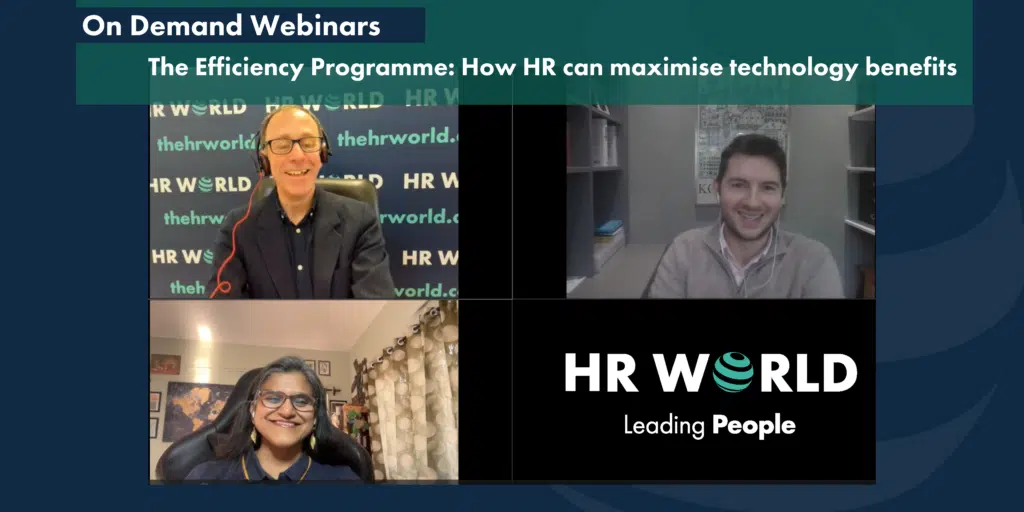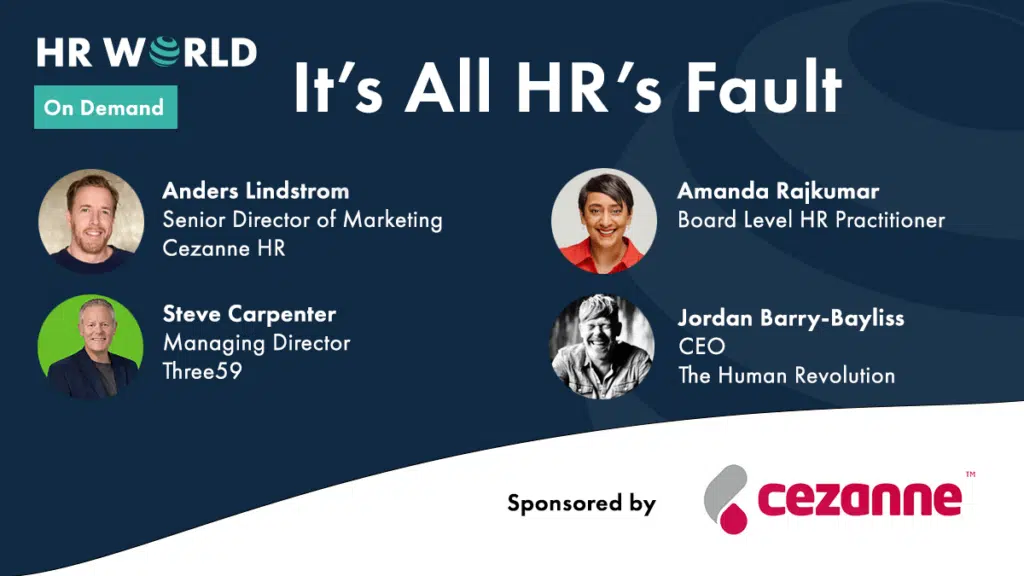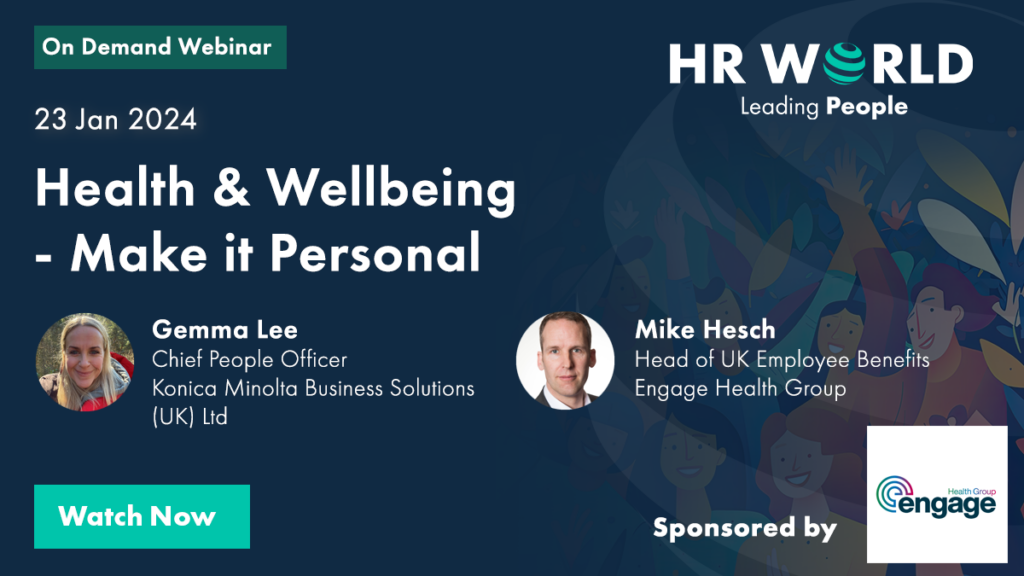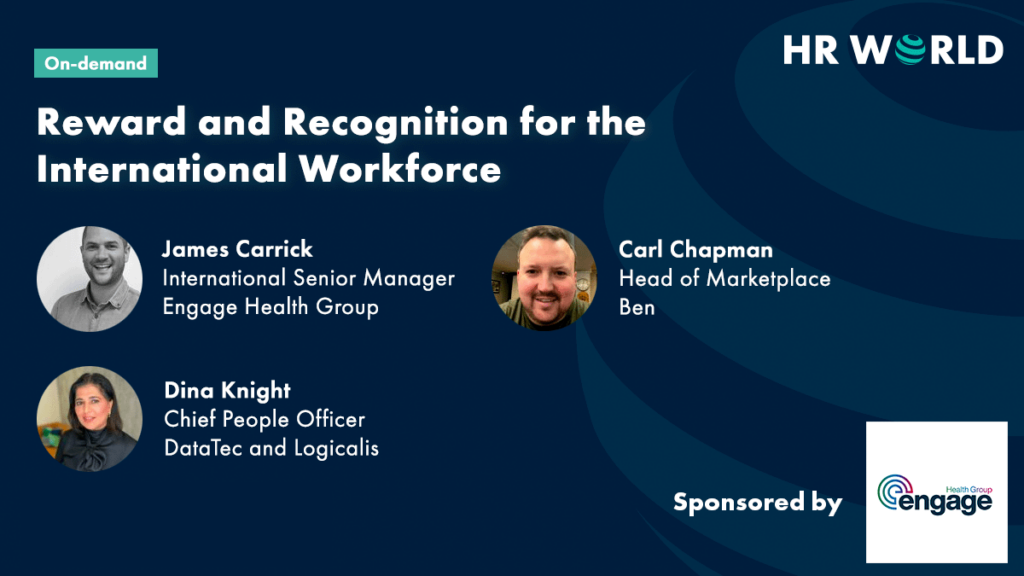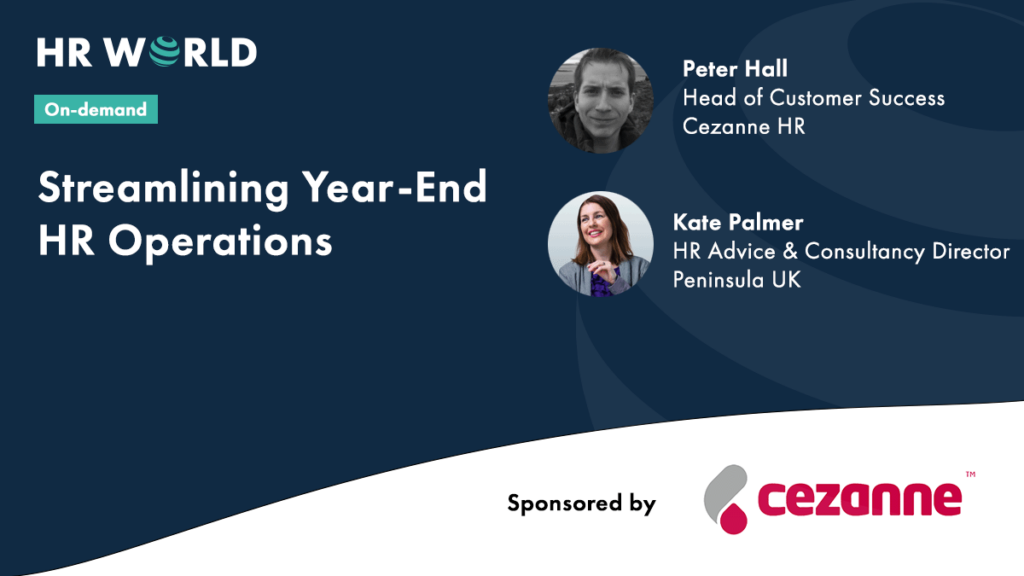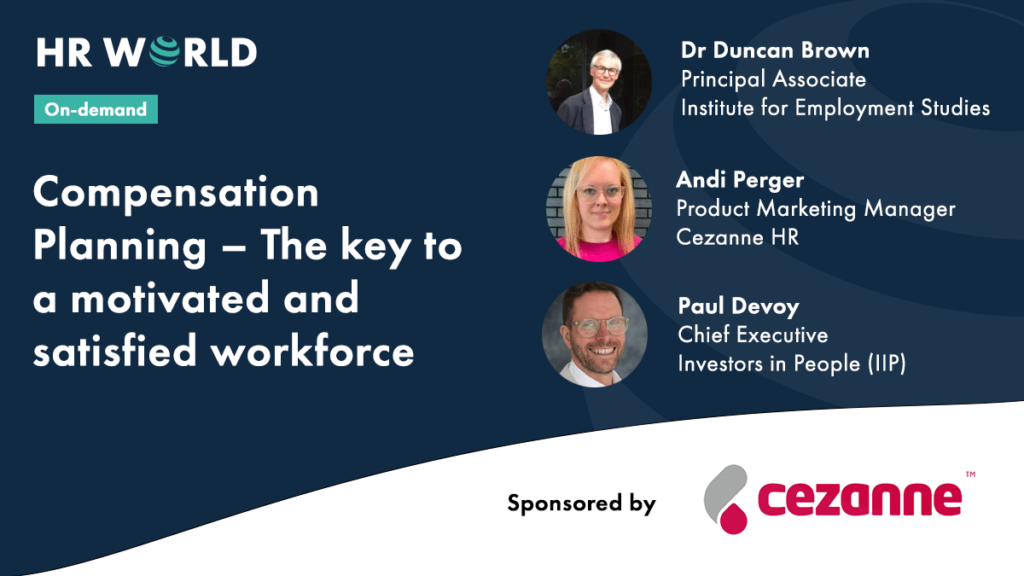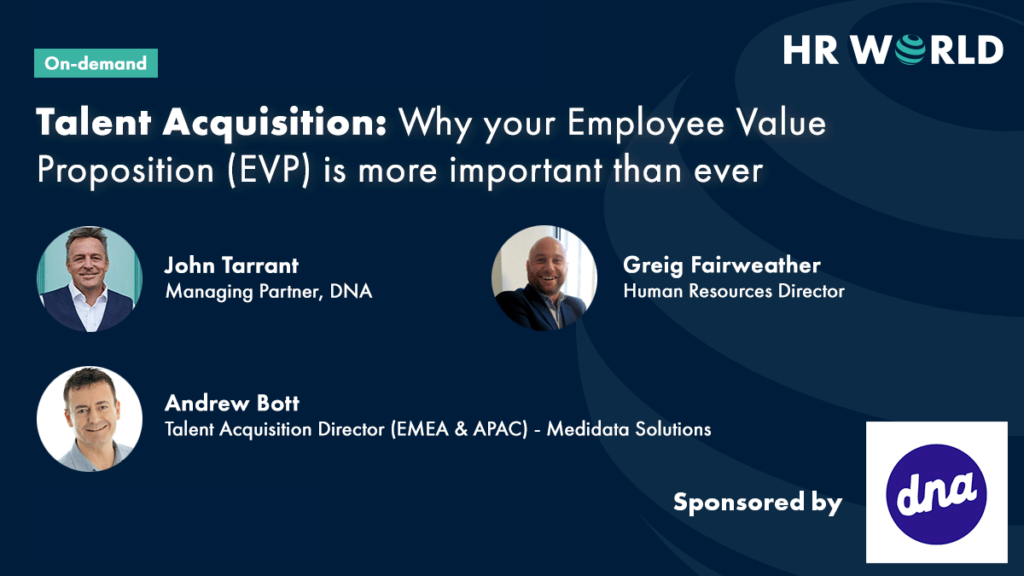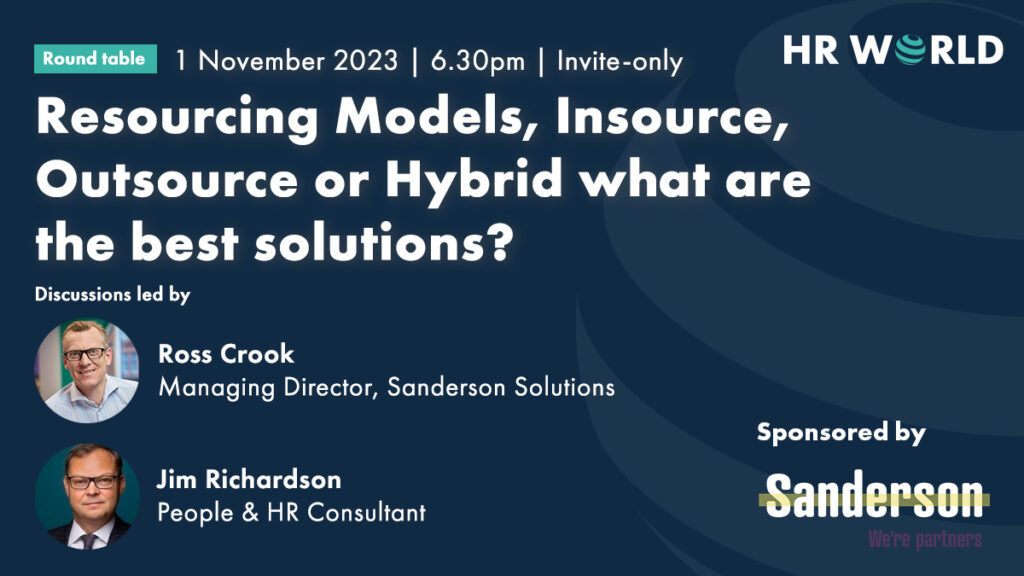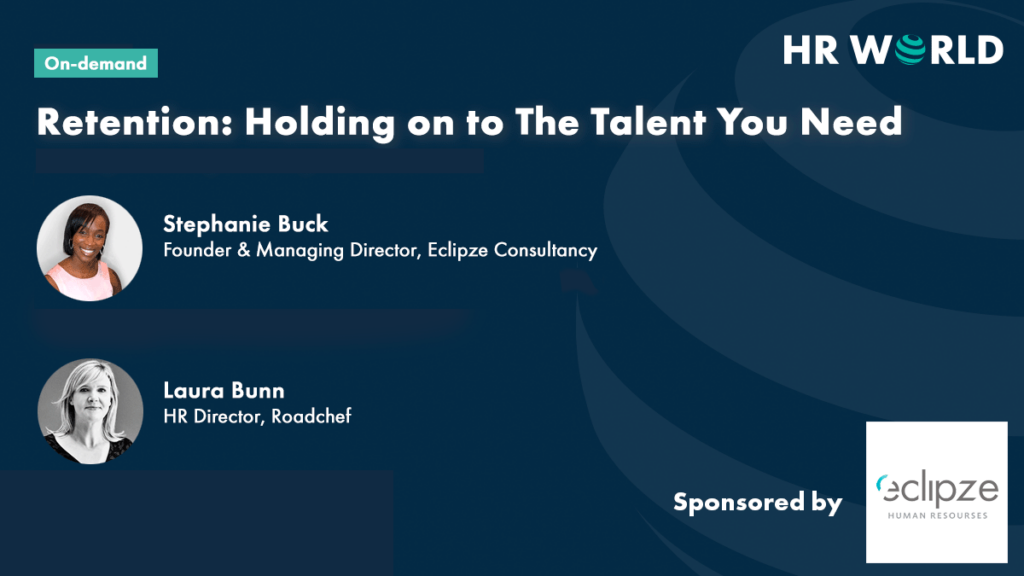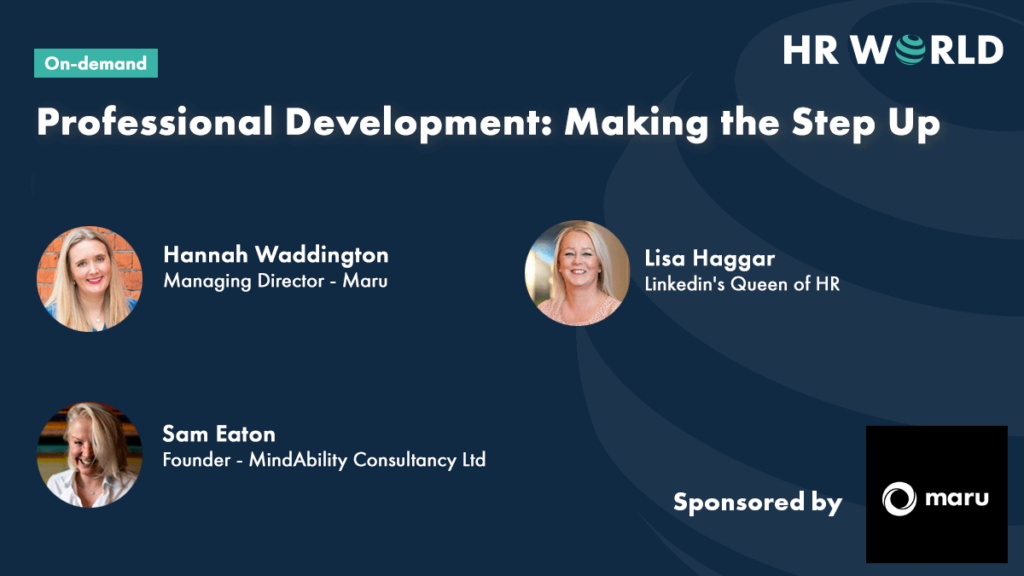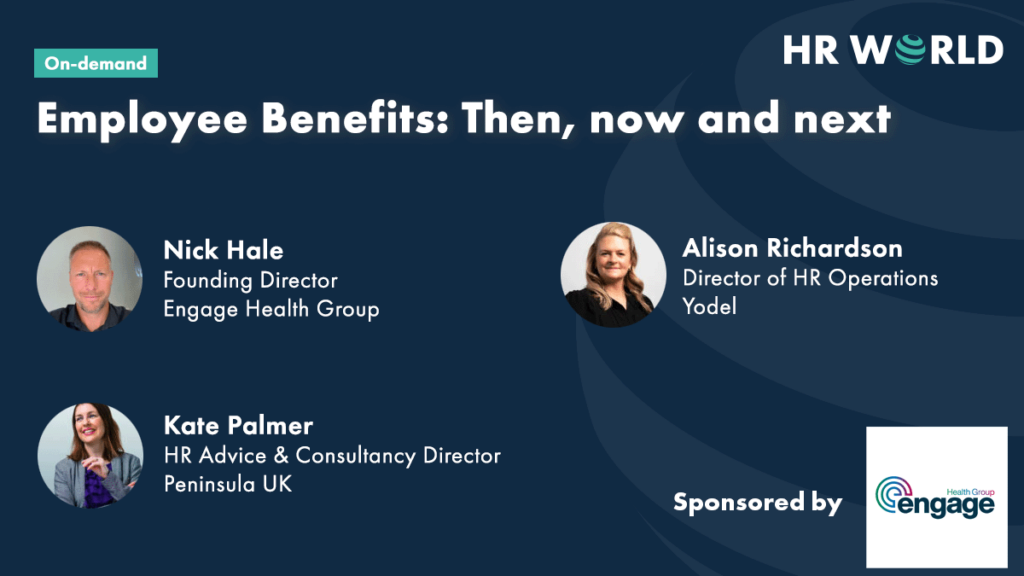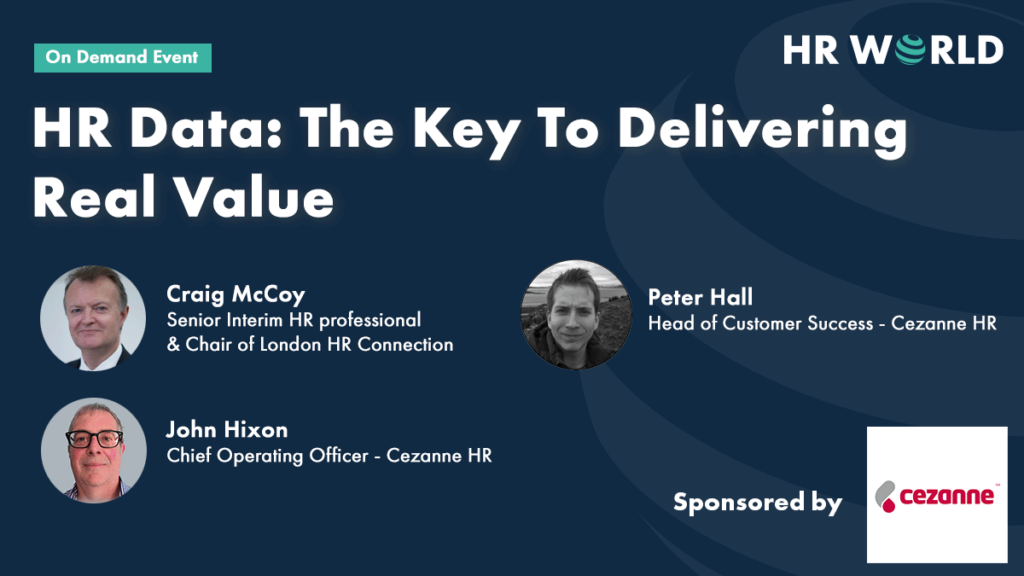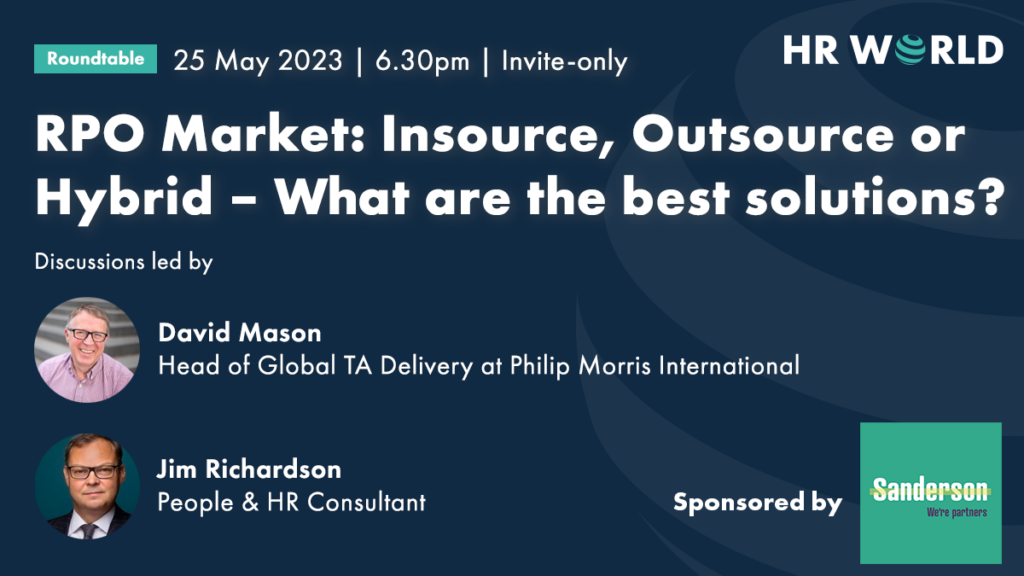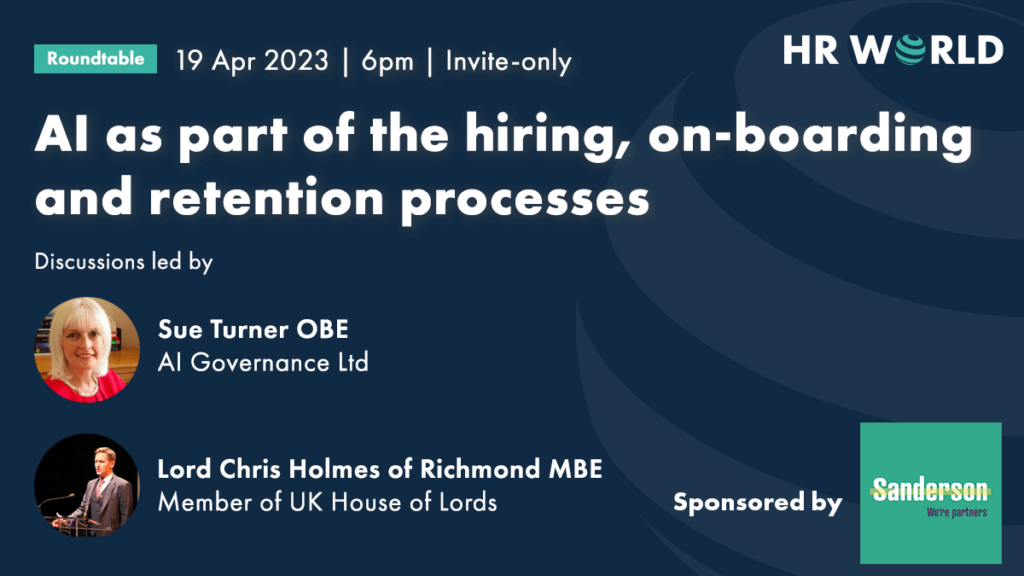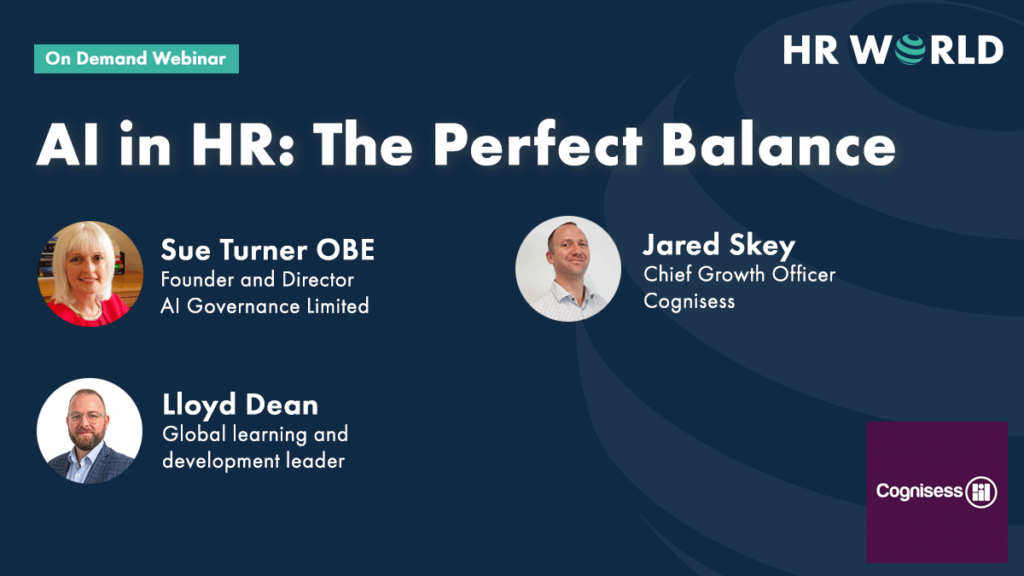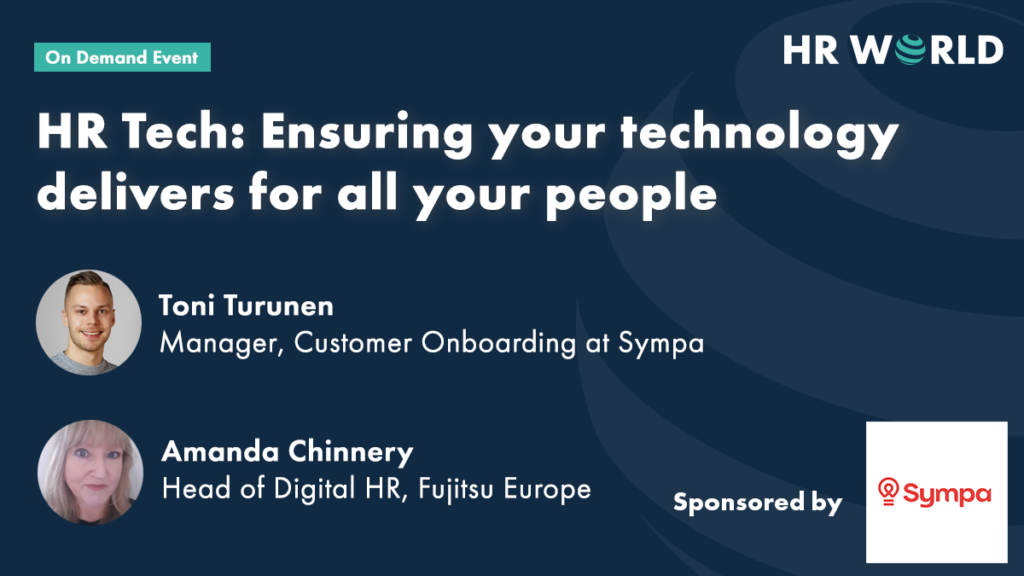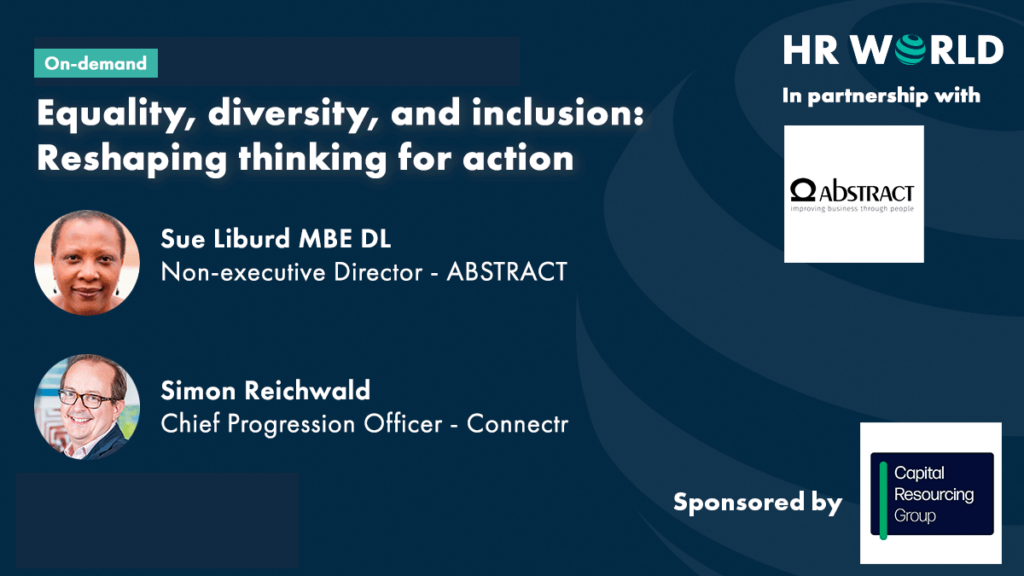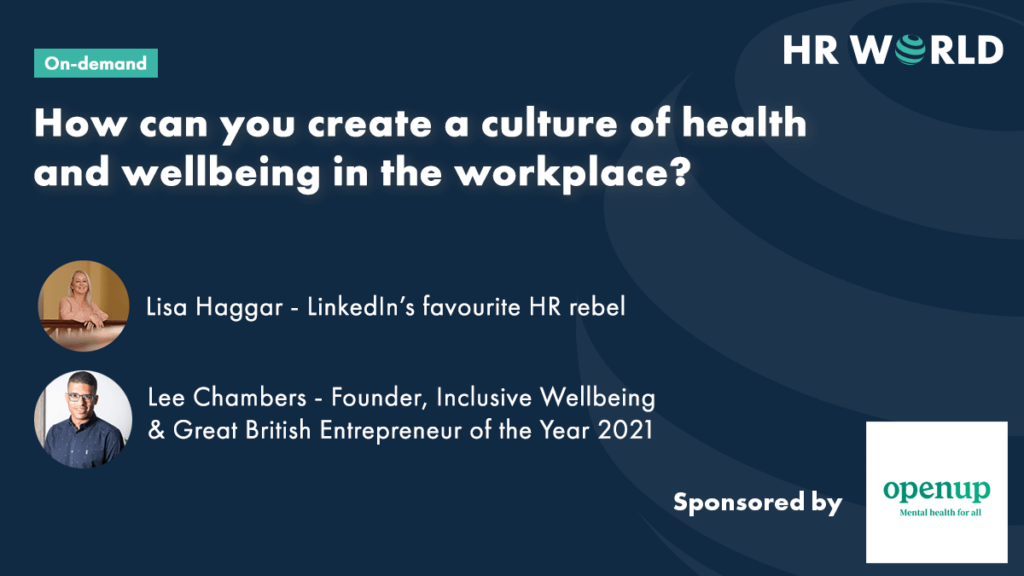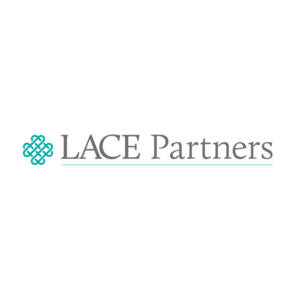Home » Knowledge Hub » Pay, Benefits and Taxation » Equal Parental Leave
Equal Parental Leave
02 August 2023 Pay, Benefits and Taxation

Story by
Danielle Lestrade Global Director of People at OC&C Strategy Consultants
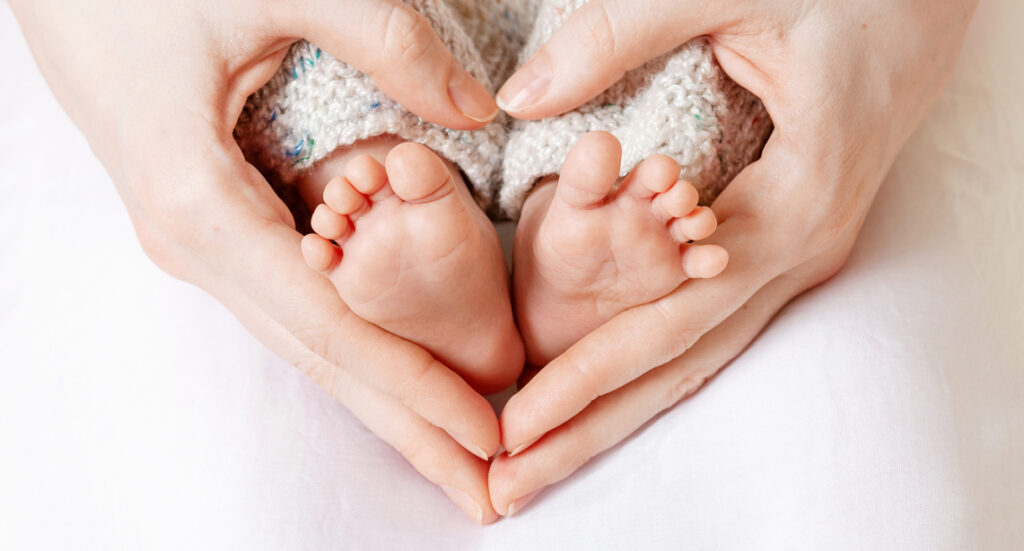
Danielle Lestrade, Global Director of People at OC&C Strategy Consultants on why equal parental leave policies can be key to workplace gender equality.
It is undeniable that we have come on leaps and bounds in terms of equality in the workplace. Mandatory gender pay gap reporting, menopause policies and the provision of minimum maternal leave are increasingly making workplaces amenable to the needs of women and mothers.
However, it was only in April this year that women CEOs for the first time outnumbered male CEOs named John – a rather bleak milestone. Equitable parental leave can play a huge part in helping primary care givers, still most often women, to climb the career ladder, and we as HR professionals should be looking into how they can equalize their policies to provide fairer opportunities for all employees.
Dual-career households
Whether through choice or necessity, dual-career households are a lot more common than they have been in the past. In the US, the number of dual-income households has risen from 25% in 1960 to 60% in 2012, according to the Pew Research Centre. As a result, traditional parental policies are increasingly coming under scrutiny for not reflecting this dynamic. Instead, anachronistic perceptions push birth givers, mothers, or primary adopters to do the vast majority of early life childcare, while the other parent returns to work and has the opportunity to further their career.
Too often parental leave policies mirror the general perception that women should be the primary caregivers by offering them more paid leave than their male counterparts, and no one can blame a couple for choosing to take advantage of this. But this goes on to have a disproportionate impact on the career progression of female employees by removing them from the workforce for a considerable length of time.
This ultimately leads to an exacerbation of the gender imbalance we see at senior levels in many industries, including strategy and management consulting. Indeed, the dual responsibility that is placed on mothers in the workplace, particularly when working demanding hours, means that many careers stop being seen as a sustainable option alongside motherhood, leading to an exodus of female talent. Last year in the UK, 43,000 women left the workforce to look after family, representing a 3% increase compared with 2021. In the same period, 36,000 men left the workforce for the same reason, according to ONS statistics.
This inequality gap often remains present for life. The time out of work means women on average have a lower state pension because of gaps in their national insurance contributions. Women who take on the childcare role are also more susceptible to short term financial shocks. The World Economic Forum assesses that women are more impacted by the cost-of-living crisis, as they are often responsible for buying food, for which inflation currently stands at 8.7%.
Narrowing the gap
To narrow the gender equality gap that comes with childcare, at OC&C Strategy Consultants we have recently announced the launch of our fully equalised paid parental leave policy for all employees globally. The initiative promotes shared care by both equalising paid leave and introducing flexibility for how that leave is taken. This allows birth, surrogate and adoptive parents to make decisions based on what works for their personal family set up.
The new global policy will empower fathers and other non-birth parents to spend more time away from work following the arrival of their child and enable their partner to return to work at a point that suits that individual family and their career.
All of this said, we wholeheartedly believe careers can be enriched by other life experiences and that taking a break to slow down or prioritise other elements of life can be incredibly powerful. Our new policy, alongside our existing extended leave policies, has been built to encourage freedom of choice, and we will continue to support mothers who wish to take a longer period of time out to care for a child.
We are also providing support before, during and after leave. This includes ramp-up options that help provide a smoother transition back to work, parental coaching, emergency childcare and flexible hours.
Equality in the workplace is a global problem and requires connected, international solutions. As such we made sure that our policy was global in scope and rolled out the scheme in all 12 of our offices around the world. We have also ensured the equalised allowance of paid parental leave in each of our offices is competitive, if not leading, in the local consulting industry. We do not want our employees to feel they have to shop-around for the most supportive parental benefits package.
HR professionals who can lead their organisations to implement an equal parental leave policy will create a more equal pace of career progression between male and female peers. It will also encourage greater diversity of thought amongst senior business decision-makers. Not only will equal parental leave improve workplace parity, employee satisfaction and business outcomes, but employees will enjoy the life-enriching benefits of spending valuable time with their new child.


